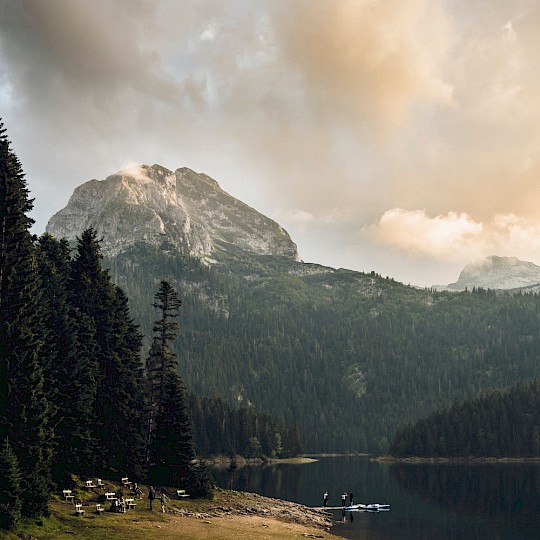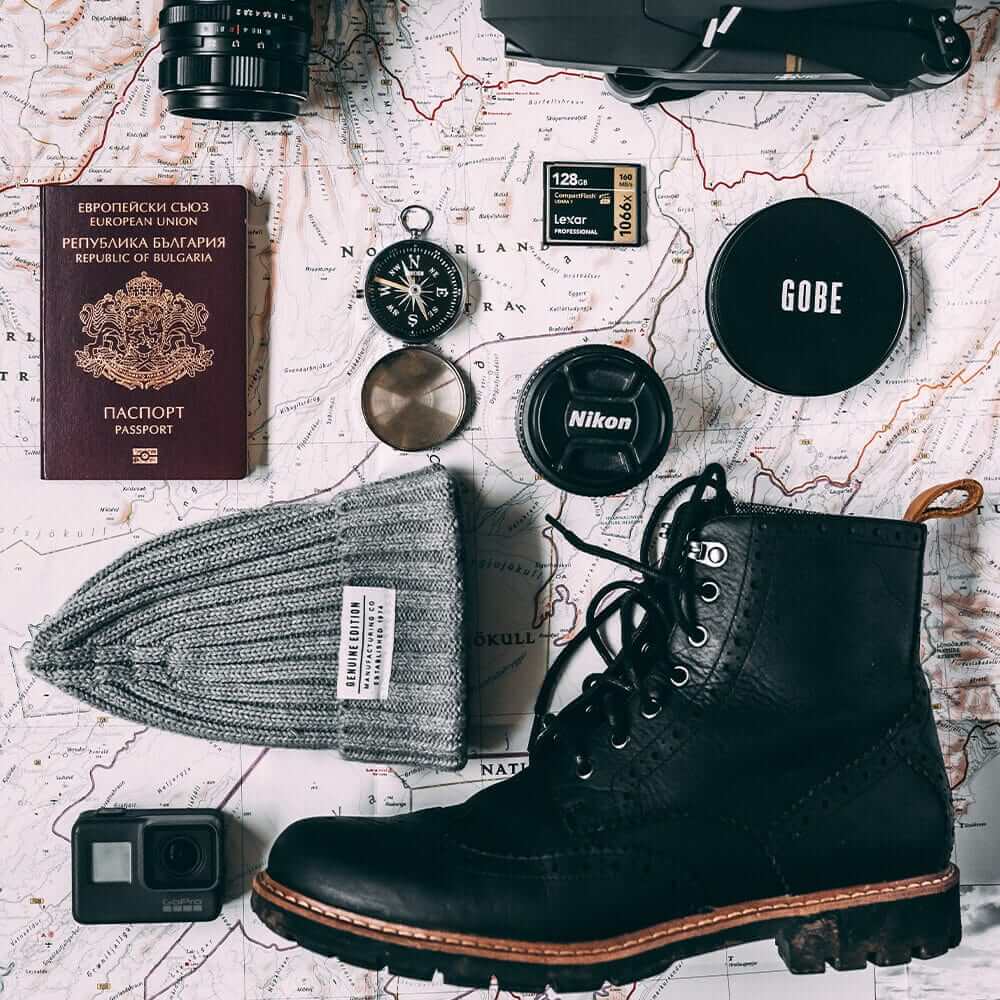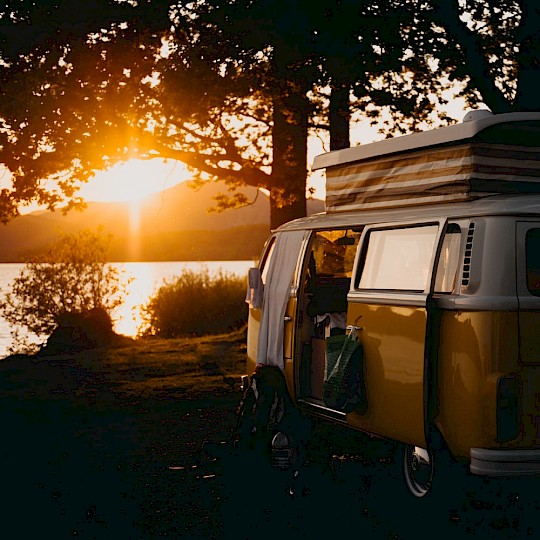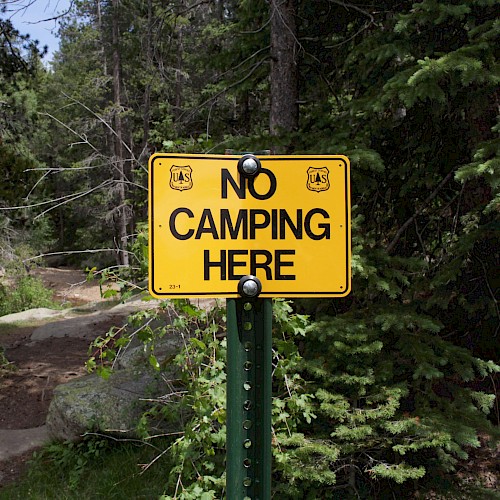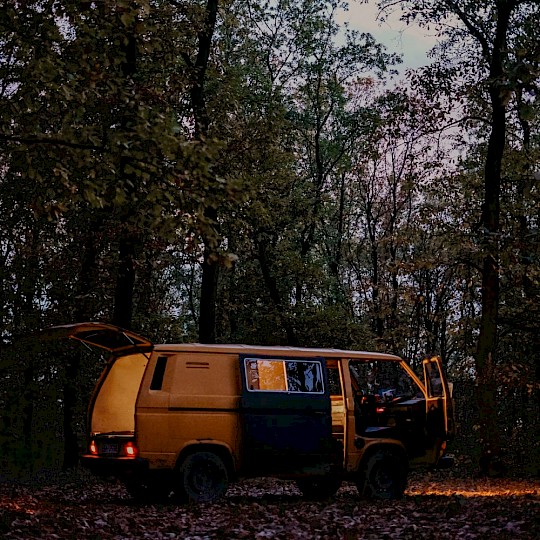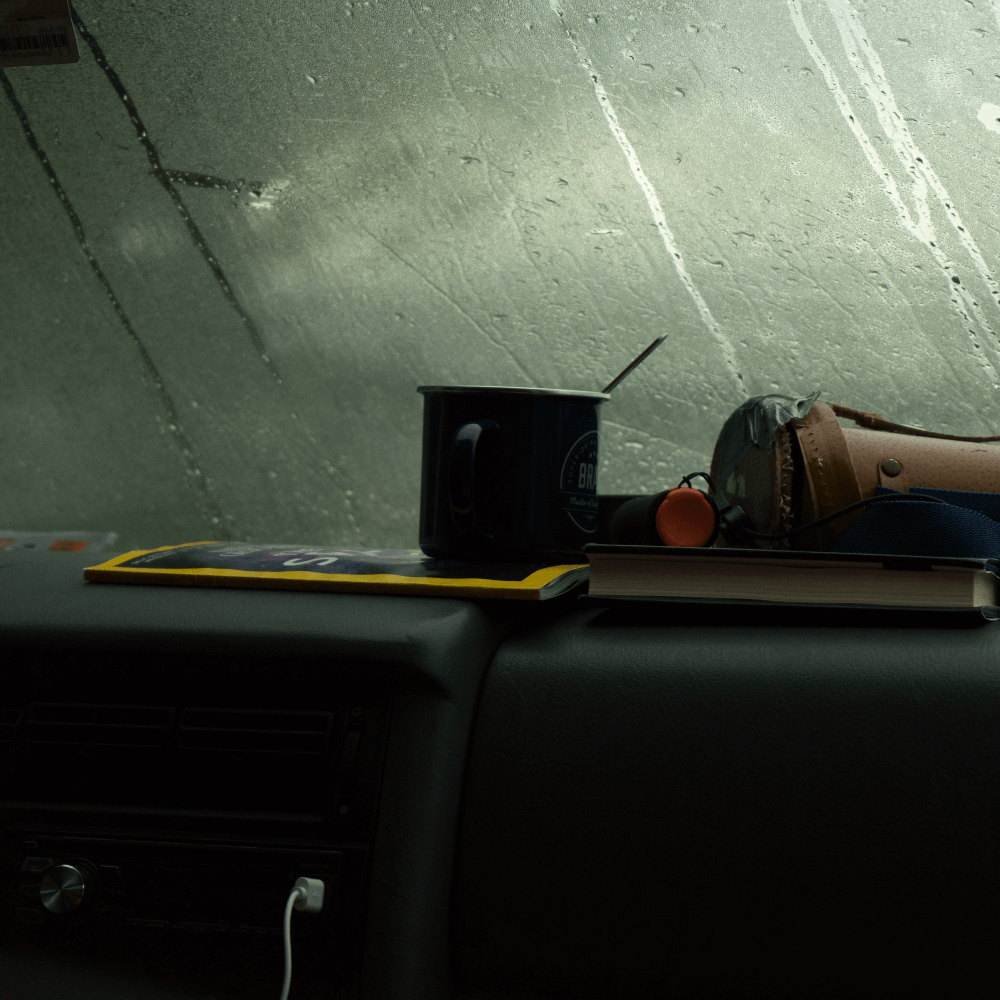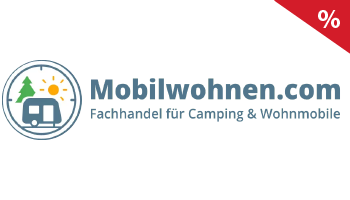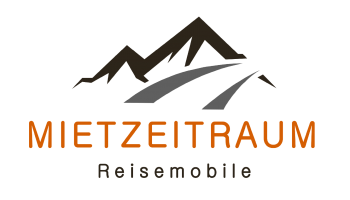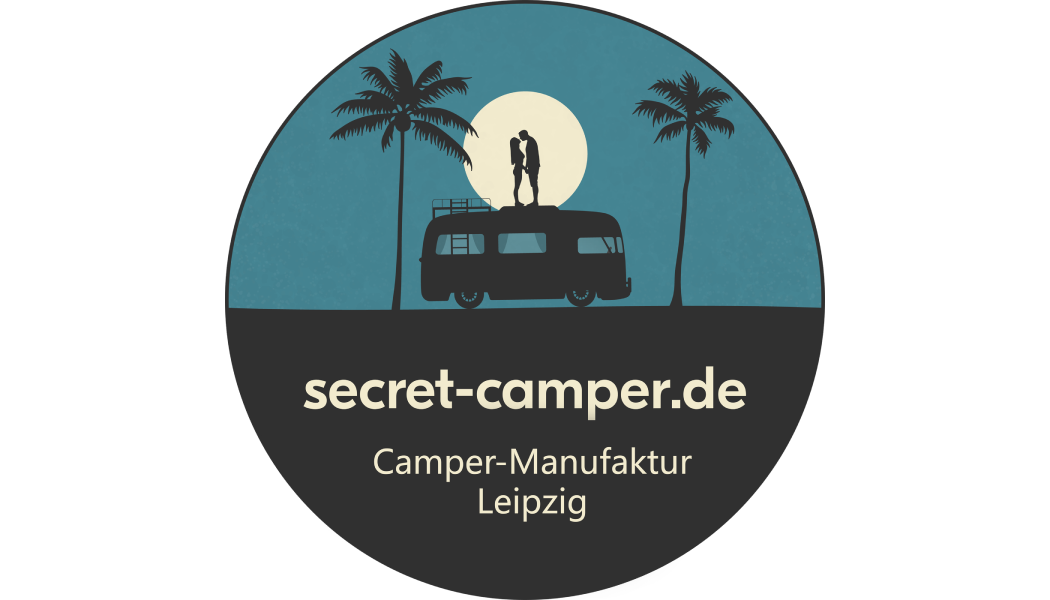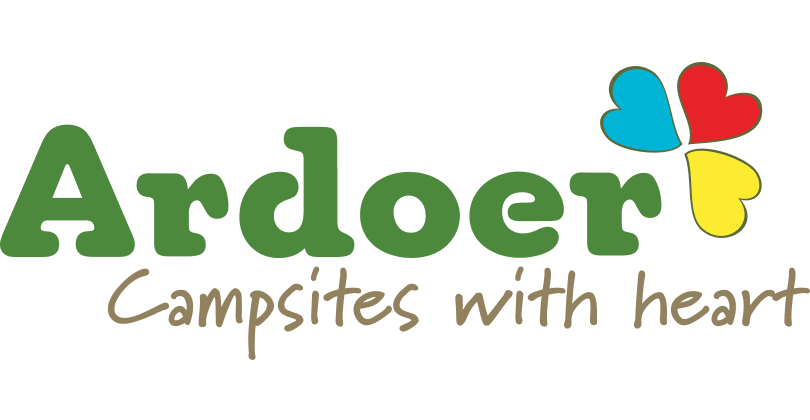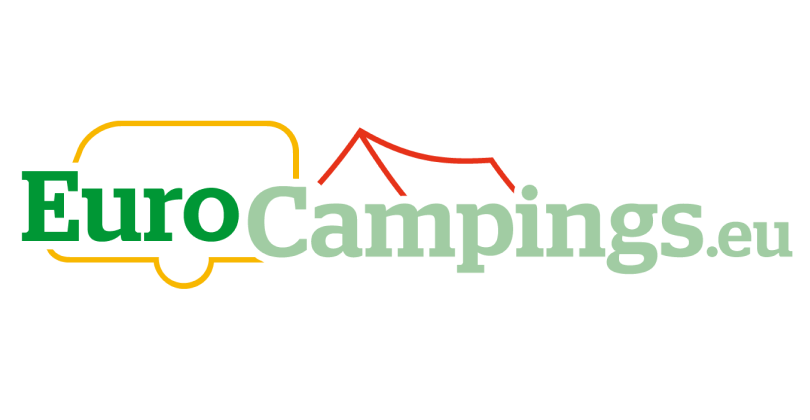Fact #1 - Windmills
There are still more than 1,000 traditional and fully functional windmills, 19 of which are Kinderdijk and are UNESCO World Heritage Sites.
Fact #2 - Bicycles
With 18 million bicycles in the Netherlands, there are more bicycles than inhabitants. They also have over 35,000 km of cycle paths.
Fact #3 - Ups and downs
The Netherlands is so flat, the highest point of the country is 323 m and counts as a mountain. The lowest point is 7 m below sea level.
Fact #4 - Carrots
Orange carrots were grown in honor of the House of Orange and spread worldwide. Before that, they were black, yellow, red, purple or white.
Fact #5 - Sea
The province of Flevoland was built on the dry seabed and should a dam break it would be flooded within 48 hours.
Fact #6 - Car ban
The municipality of Houten is considered to be the safest place in the world, as all residents ride bicycles and do not own cars.
Fact #7 - Bicycles for the second time
Dutch people cycle an average of 1,000 km per year; young people are even more active and ride up to 2,000 km per year.
Fact #8 - Channels
The village of Giethoorn has no roads whatsoever, only canals. The village is called Venice of the Netherlands.
Fact #9 - Dams
In the Netherlands, there is more than 2,400 km of dams to protect the country from the water masses of the North Sea.
Fact #10 - Paid in beer
Amsterdam pays alcoholics with beer to keep the streets clean. They get five cans for a day's work.






